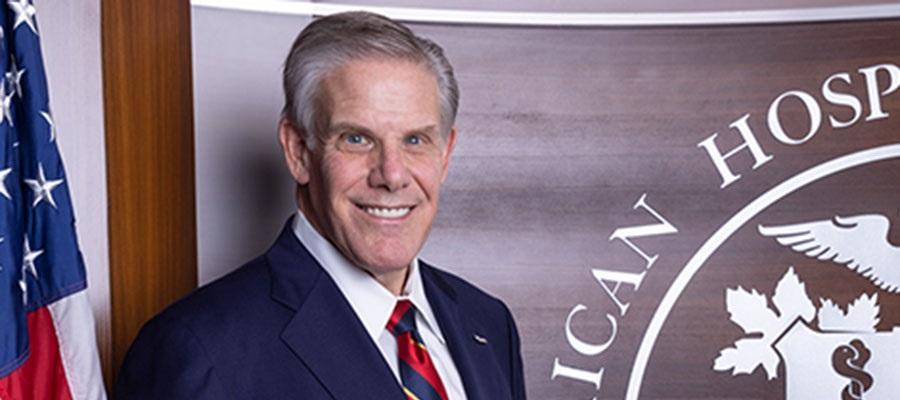Perspective

Perspective is a weekly blog from Rick Pollack, president and CEO of the American Hospital Association, that explores the most important issues facing hospitals and health systems.
A century ago, nominating a presidential ticket during political conventions was an arduous marathon. The Democrats opened their convention with 14 names in serious contention, while the Republicans had to whittle down their list from a dozen hopefuls.
August is traditionally the time to take a break, go on vacation, or just slow it down and relax for a bit. For many people, that’s off the table this year. COVID-19’s impact on health, our economy and our ability to gather in groups has been a game changer for people’s personal plans.
There is yet no peace treaty or declaration of surrender in our own war with COVID-19, but we too must look ahead and start planning for what health care should look like in a post-pandemic world.
A divided Congress. A lapsed deadline to pass important legislation. And uncertainty about how the situation will end.
There’s a poignant moment in Hamilton: An American Musical in which a despondent George Washington laments the long odds of his revolution, “a powder keg about to explode” unless he receives an immediate infusion of the supplies and reinforcements he was initially promised at the war’s start.
With COVID-19 cases, hospitalizations and deaths on the rise in much of the country, negotiations on the next COVID-19 relief package are picking up in the Senate.
Congress returns to Washington, D.C., on Monday, and the stakes are extremely high. The Senate will begin serious negotiations on the next COVID-19 relief package, and we expect Congress to pass legislation before the August congressional recess.
Wear a mask. Wash your hands. Keep your distance. These are three simple actions we know that will stop the spread of COVID-19. The AHA, American Medical Association and the American Nurses Association shared those messages in an open letter to the American public.
As James Madison wrote in the First Amendment of our Bill of Rights, we have the right to “petition the government for a redress of grievances.” We also have an important right that many in other countries don’t – the right to vote. These two rights go hand in hand as a foundation of our democracy.
Expanding access to telehealth services to provide much more patient-centered, convenient care. Creating additional health care workforce capacity and avoiding workforce shortages. Removing barriers for patients and communities to access needed care.

